Since the 16th century, the Black Sea has always been a lake of tensions. Contrary to the Wars of The Holy League, in which the Ottoman Empire witnessed its first territorial loss, the contemporary situation signals Turkish gains in the region. The ongoing war in Ukraine has revived the Montreux Convention which gives Ankara the higher hand in the Black Sea and led other NATO members to appreciate the indispensable Turkish role. Recently, developments in the Black Sea ranging from decaying Russian power to Western apprehension are offering Ankara some Turkish delights.
A Turbulent Sea
Historically, Turkey has always proved its importance in the Black Sea. According to the Montreux Convention, the Black Sea has a different geostrategic position in the world of geopolitics. Signed in 1936, the Convention governs the passage of naval vessels through the Turkish Straits, comprising the Bosporus and the Dardanelles. This international treaty grants Turkey a unique position of control over maritime traffic in the Black Sea. One of the Convention’s crucial provisions is limiting the access of non-littoral nations’ warships, effectively restricting the deployment of large naval fleets from countries like Russia to the Black Sea. Turkey, as the custodian of the Turkish Straits, has the authority to regulate and enforce these restrictions. This does not only safeguard Turkey’s strategic interests but also ensures a certain level of stability and balance of power in the Black Sea. As a result, the Montreux Convention has given Turkey an extra foothold, making it a pivotal player in shaping the geopolitical dynamics of this unique maritime space. Ankara places significant importance on the Black Sea, given its pivotal role in connectivity, particularly with respect to energy pipelines. Furthermore, the Black Sea has emerged as a focal point for Turkey’s recent endeavours in natural gas extraction.
In light of the aforementioned, the U.S. Navy faces restrictions in accessing the Black Sea freely, making it the only body of international waters beyond its immediate reach. Consequently, the U.S. relies on its allies and partners to safeguard both American interests and their own. Given this geopolitical reality, the assistance of regional allies becomes imperative. In this context, Turkey emerges as the singular actor capable of assuming such a crucial role. For policymakers within NATO, Russia’s invasion of Ukraine served as a reminder of Turkey’s significance in the Black Sea, attributable to three key factors. Firstly, NATO gains an advantage from having one of its members exercise sovereign control over the Turkish Straits, a factor directly influencing Russia’s actions in Ukraine. Moreover, Russia faces restrictions in reinforcing its Black Sea Fleet with vessels from its Pacific, Baltic, or Northern Fleets, as none of these ships are legally permitted to enter the Black Sea.
Recent developments have added to the significance of Ankara; Ukraine has achieved notable success in countering the Russian Black Sea Fleet, compelling it to adopt a defensive stance and retreat toward the East. Adding to Russia’s challenges, Ukraine has been able to reopen a shipping route along the western Black Sea coast, ultimately passing through Istanbul for grain exports, a move Russia had sought to prevent. This route has proven highly effective, surpassing export volumes not witnessed since the Russian invasion and compensating for Ukraine’s losses resulting from the collapse of the grain deal. Russia’s inability to stop these developments in the Black Sea signifies the Russian Navy is losing its upper hand in the region. While Russia maintains a substantial naval presence, the downward trajectory poses a dual challenge for Moscow. As the conflict persists and Ukraine continues its offensive in the Black Sea, Russia’s naval dominance will eventually diminish. Consequently, the balance of power in the regional maritime domain will shift in favour of Turkey, which closely observes these events unfold.
This presents a risky scenario for Russia, whereas Turkey and its allies, particularly the U.S., perceive it as an opportunity. Turkey sees it as a strategic advantage to maintain its supremacy in the Black Sea. Accordingly, the true beneficiary of the evolving situation in the Black Sea is Turkey. Russia’s gradual decline in naval power makes Turkey the predominant naval force and underscores its indispensability to its Western allies. Moreover, this evolution takes place without potentially destabilizing actions by non-littoral actors like the U.S., as their assets remain unable to access the Black Sea.
The Diplomatic Advantage
The Mine Countermeasures Naval Group in the Black Sea (MCM Black Sea), a trilateral agreement has been established among Turkey, Bulgaria, and Romania to address the issue of stray mines in the Black Sea. This holds significance not only for naval security amid the ongoing conflict in Ukraine but also influences Ankara’s relations with its NATO partners, affirming Turkish sovereignty over the Bosphorus and the Dardanelles Straits connecting the Black Sea to the Mediterranean. Currently, there exist divergent interpretations of the MCM Black Sea, Turkey asserts that the mission will remain a trilateral initiative, excluding non-littoral NATO allies. Conversely, the Romanian Defence Ministry’s announcement takes a different stance, suggesting that the memorandum of understanding allows other allies and partner states to contribute to the agreement.
These varying interpretations may pose challenges to Turkey’s broader objectives, particularly its aspirations to maintain independence in the Black Sea and avoid provoking Russia. Nevertheless, the MCM Black Sea underscores Turkey’s strategic importance for the U.S. and NATO. Certainly, without Turkish cooperation, the two littoral states, namely Bulgaria and Romania, would be left alone in the face of any potential Russian aggression in the Black Sea. The inability of the U.S. to intervene on their behalf emphasizes the critical role Turkey plays, making it indispensable for American and NATO interests in this vital region. In other words, the Americans as well as their NATO counterparts cannot afford to lose the Turks in this vital region.
Turkey’s role doesn’t stop here but extends to diplomacy and its ability to act as moderator between Russia and the West given its position. The importance of Turkey to the region again is highlighted by the grain deal, serving as yet another example of its indispensable role for the West and its allies. This becomes especially apparent as challenges linked to the war in Ukraine reverberate within European capitals. President Vladimir Putin is supposed to pay a visit to Turkey soon in which he is supposed to negotiate a new mechanism to facilitate the export of Ukrainian grains through the Black Sea. Reviving the grain deal could provide a degree of stability amid the current challenges. Most significantly, it might lower tensions between Ukraine and the broader European Community. European farmers, expressing discontent over the surge in Ukrainian grain imports saturating local markets and detrimentally impacting their businesses, stand to benefit from such an arrangement. The issue of inexpensive Ukrainian grain imports has specifically strained Ukraine’s relationship with Poland, a prominent ally. Recent protests by Polish farmers, blocking border crossings to voice their opposition to relaxed EU regulations on Ukrainian imports, highlights the severity of the situation. Some agricultural leaders are now considering a more extensive blockade of the Ukrainian border, accompanied by a general strike. This situation is adding to the importance of Ankara as European capitals are starting to feel the ramifications of the non-operational grain deal, hoping that President Recep Erdogan would persuade Putin to commit to a new grain deal.
Finally, it seems that Turkey has been benefitting from turbulences in the Black Sea. While exemplifying its foothold in the region and maintaining its historical position as the guarantor of the Black Sea, it is also gaining influence as the U.S. and other Western allies are increasing their reliance on Ankara in several issues, primarily dealing with Moscow.
References
Bechev, Dimitar. “Closer Ties to the West Don’t Mean Turkey Will Give up on Russia …” Carneigie Endowment , February 7, 2024. https://carnegieendowment.org/politika/91571
Coffey, Luke. “Why Türkiye Is Indispensable for NATO in the Black Sea Region and Beyond.” TRT World – Breaking News, Live Coverage, Opinions and Videos, January 20, 2023. https://www.trtworld.com/opinion/why-turkiye-is-indispensable-for-nato-in-the-black-sea-region-and-beyond-12778023
COŞKUN, ALPER. “Balance of Power in the Black Sea Shifts to Turkey.” GIS Reports, February 14, 2024. https://www.gisreportsonline.com/r/turkey-black-sea/
Dhojnacki. “To Fend off Russia in the Black Sea, the US and NATO Need to Help Boost Allies’ Naval Power.” Atlantic Council, January 10, 2024. https://www.atlanticcouncil.org/blogs/new-atlanticist/to-fend-off-russia-in-the-black-sea-the-us-and-nato-need-to-help-boost-allies-naval-power/
Echols, Connor, Brandan P. Buck, Elias Khoury, Daniel Larison, Yuval Abraham, Jim LobeBlaise Malley, Jim Lobe, et al. “Diplomacy Watch: Putin Heads to Turkey for New Grain Deal Talks.” Responsible Statecraft, February 9, 2024. https://responsiblestatecraft.org/black-sea-grain-deal/
Kayaoglu, Barin. “New Black Sea Mission Could Score Turkey Points with NATO.” Al-Monitor, January 13, 2024. https://www.al-monitor.com/originals/2024/01/new-black-sea-mission-could-score-turkey-points-nato
Kucukgocmen, Ali, and Huseyin Hayatsever. “Turkey, Romania, Bulgaria Sign Deal to Clear Floating Black Sea Mines.” Reuters, January 11, 2024. https://www.reuters.com/world/turkey-romania-bulgaria-ink-deal-clear-floating-black-sea-mines-2024-01-11
Mikovic, Nikola. “Turkey Eyes Balkan Influence amid Serbia-Kosovo Tensions.” Asia Times, June 20, 2023. https://asiatimes.com/2023/06/turkey-eyes-balkan-influence-amid-serbia-kosovo-tensions/











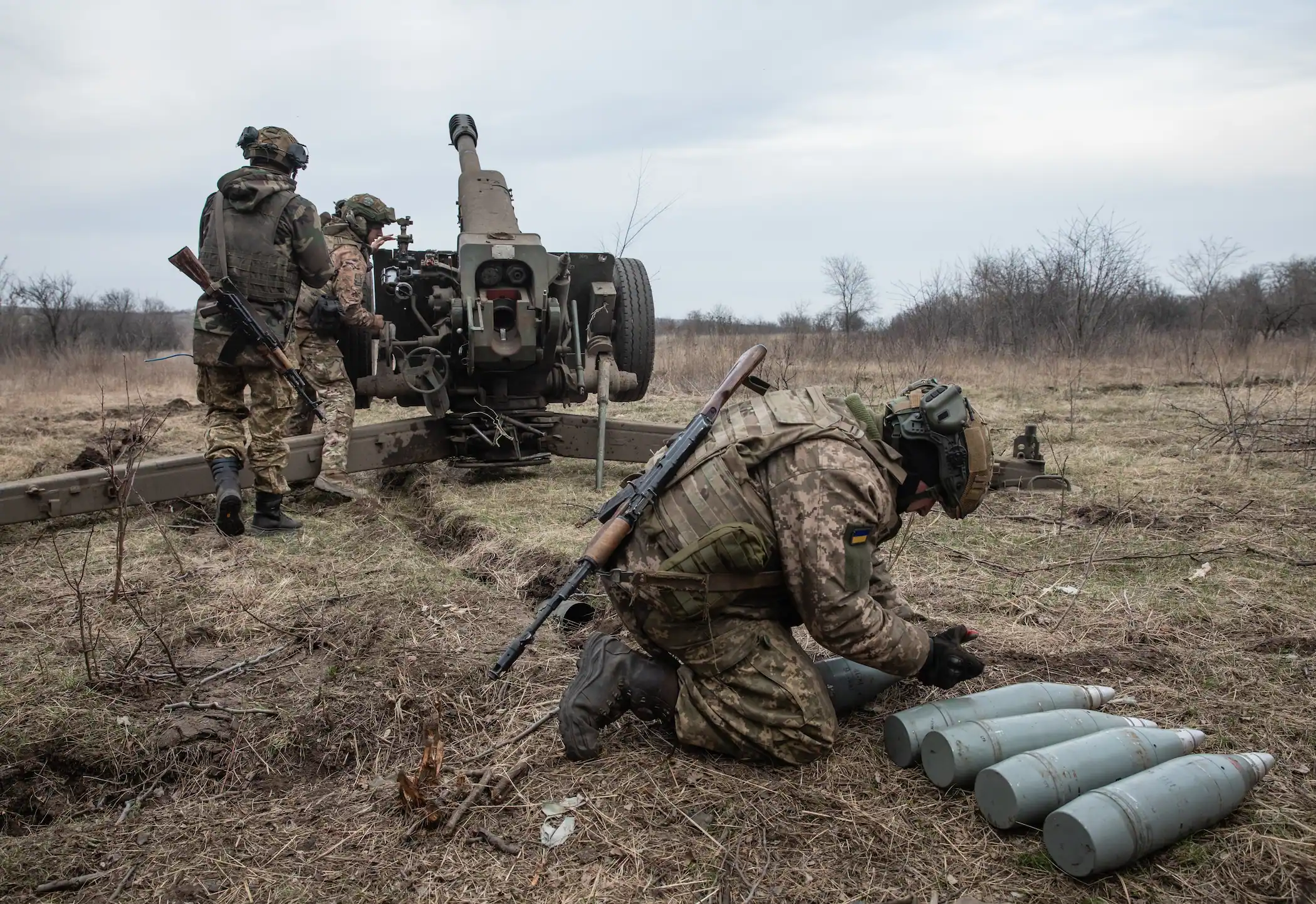

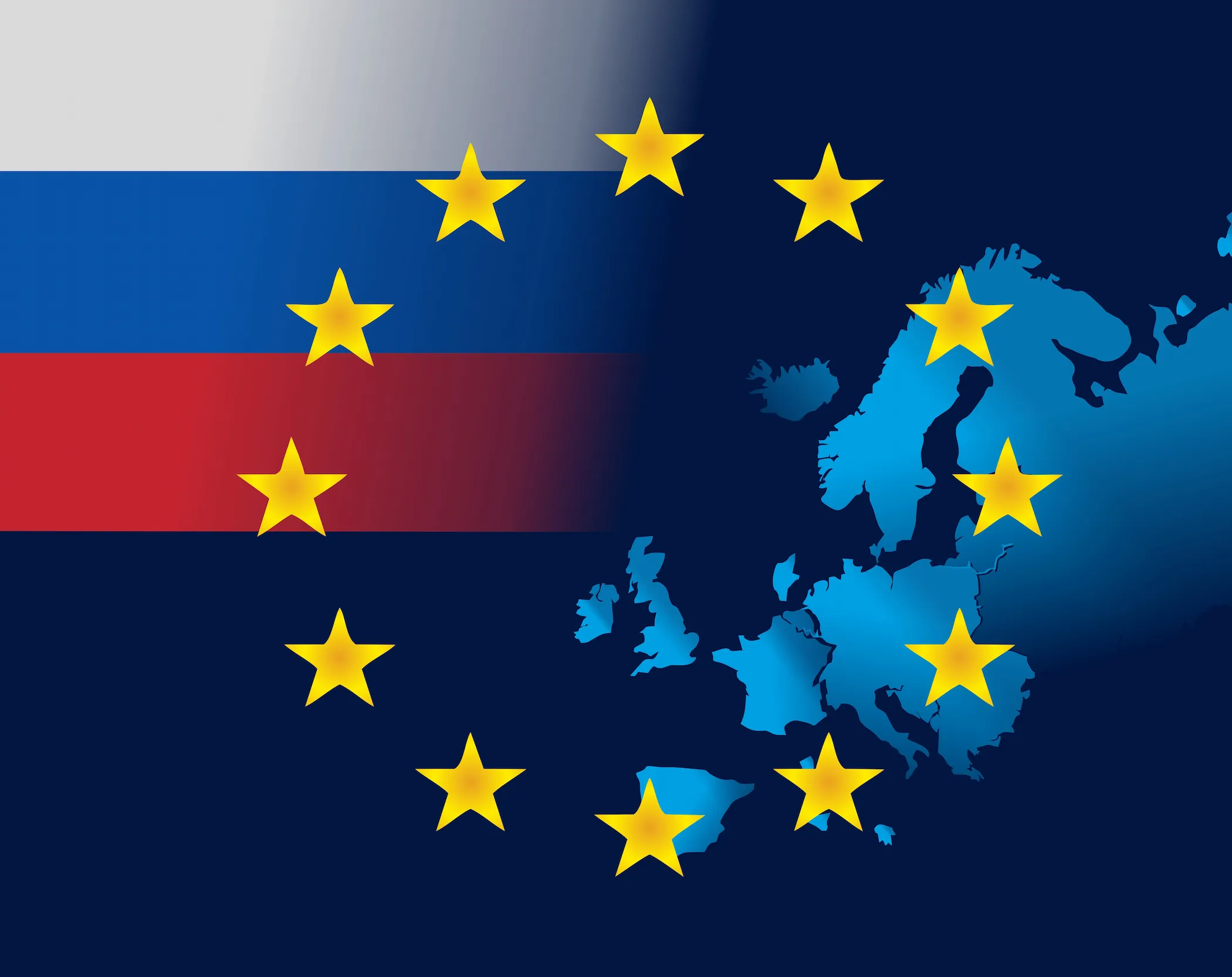

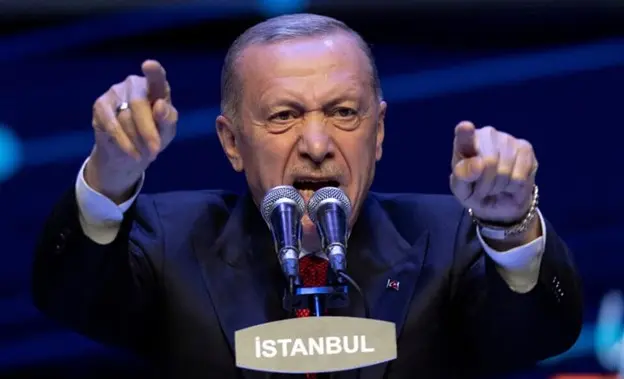
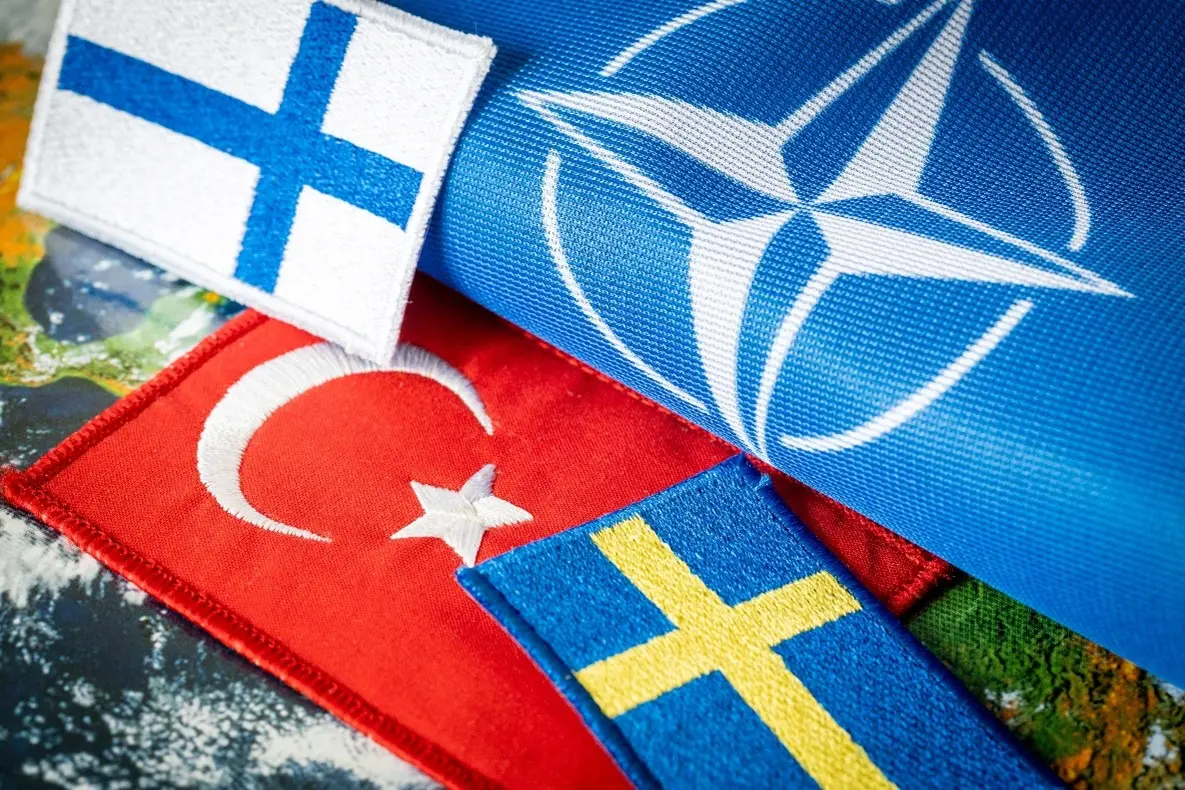

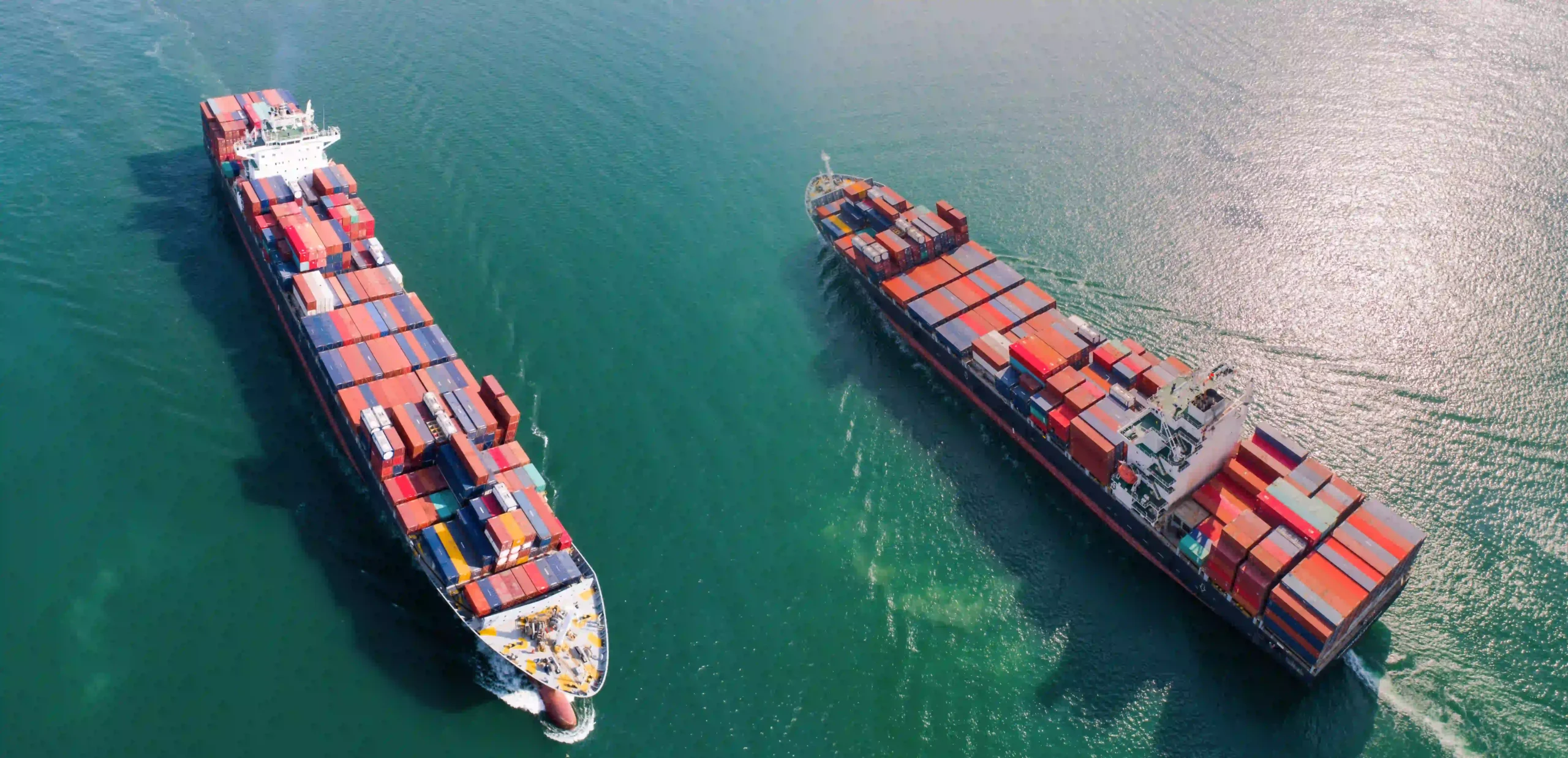

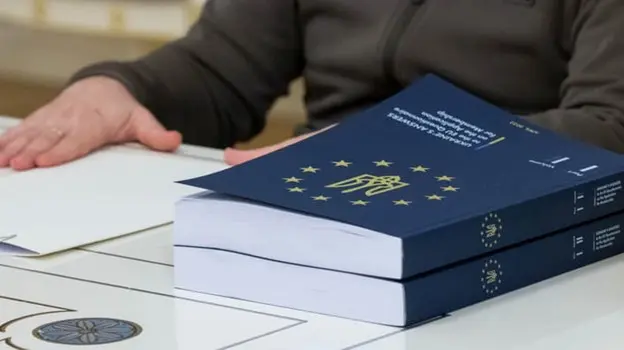
Comments